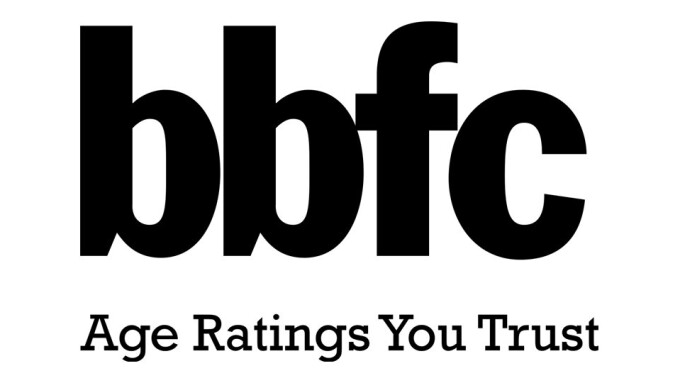LOS ANGELES — New research commissioned by the British Board of Film Classification (BBFC) shows that children and teenagers are watching and stumbling across pornography from an early age — in some cases as young as seven or eight.
In preparation for the U.K.’s online age verification mandate’s rollout, the BBFC, as the designated Age Verification Regulator, commissioned the benchmark research in order to report back to parliament on the effectiveness of the program’s approach.
The survey by Revealing Reality included 2,344 parents and young people and showed that more than half (51 percent) of 11 to 13-year-olds reported seeing pornography at some point, rising to 66 percent for 14-15-year-olds.
Among other key findings, most folks reported their first-time watching pornography as “accidental,” with 62 percent of 11-13-year-olds reporting unintentional exposure. Children also described feeling “grossed out” and “confused,” particularly those who had seen pornography when they were under the age of 10.
The report also demonstrated a discrepancy between parents’ views on porn exposure and what children were actually experiencing, with three quarters (75 percent) of parents believing their children have not have seen pornography online, while more than half (53 percent) of their children admitting to seeing porn online.
“Pornography is currently one click away for children of all ages in the U.K., and this research supports the growing body of evidence that it is affecting the way young people understand healthy relationships, sex, body image and consent,” BBFC Chief Executive David Austin stated. “The research also shows that when young children — in some cases as young as seven or eight years old — first see pornography online, it is most commonly not on purpose.”
The report noted that most children and parents believed age verification would prevent children from seeing porn at a young age, and might delay the age at which they are accidentally exposed to it. In addition, 83 percent of parents agreed there should be age verification for access to online porn and that young people also favor age verification, with 47 percent calling it “a good idea,” although 11-13-year-olds were more in favor of it than were older teenagers.
“It’s very encouraging to see that there is so much public support for age verification. We know that age verification is not a ‘silver bullet,’ nor should it be seen in isolation, but alongside other measures, such as education,” Austin added. “However, age verification significantly reduces the risk of young children stumbling across online pornography by accident as they do today. The research findings today have shown that parents and importantly, young people and children want and need there to be stronger controls in place.”
The report also looked into the effects of pornography on young people, revealing that 41 percent of young people who knew about pornography believed that watching it made people less respectful of the opposite sex. Girls, in particular, spoke of their fear that aggressive depictions of sex would be seen as “normal” by young male viewers of pornography, and accordingly copied in real-life sexual encounters.
The full report is available here.






